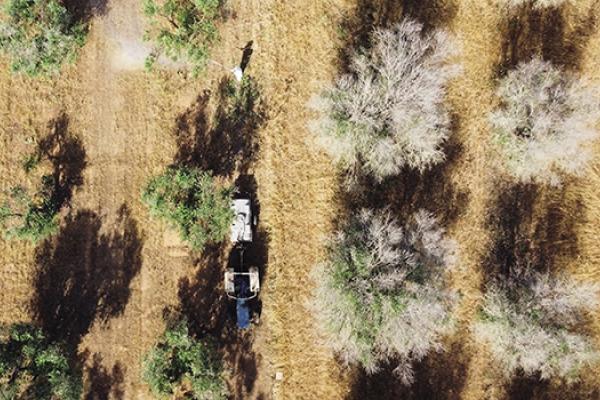Valentina D'Amico is an Italian freelance journalist covering a wide range of issues, including environment, climate, migration and human rights, often through a critical and solutions-oriented lens.
She specialises in field reporting on underreported issues, giving voice to new perspectives on social and environmental issues and involving the most marginalised groups in Europe, Africa and the East. She usually works with a camera and audio recorder, often collaborating with local reporters. Valentina recurs a lot to digital storytelling, data analysis and visualisation. She had also received hostile environment training for reporting in high-risk and war zones.
Valentina's work appeared in the main Italian media, including Rai TV, Il Sole 24 Ore, La Repubblica, Il Fatto Quotidiano, Radio Popolare and Artribune. Her documentary on environmental pollution in Taranto, "The Change. Women against Ilva", was shown at the 67th Venice International Film Festival and has received awards and honourable mentions at numerous international festivals.
Her photographic work on the drying up of olive trees and the resulting threat of desertification in the southern Italian region of Puglia received an Honourable Mention at IPA 2020 in New York and was published in the anthology Elementum by Phaos Edizioni.
Her work has been recognised and supported by Journalismfund Europe, the European Journalism Centre and she is a member of the Order of Italian Journalists.

